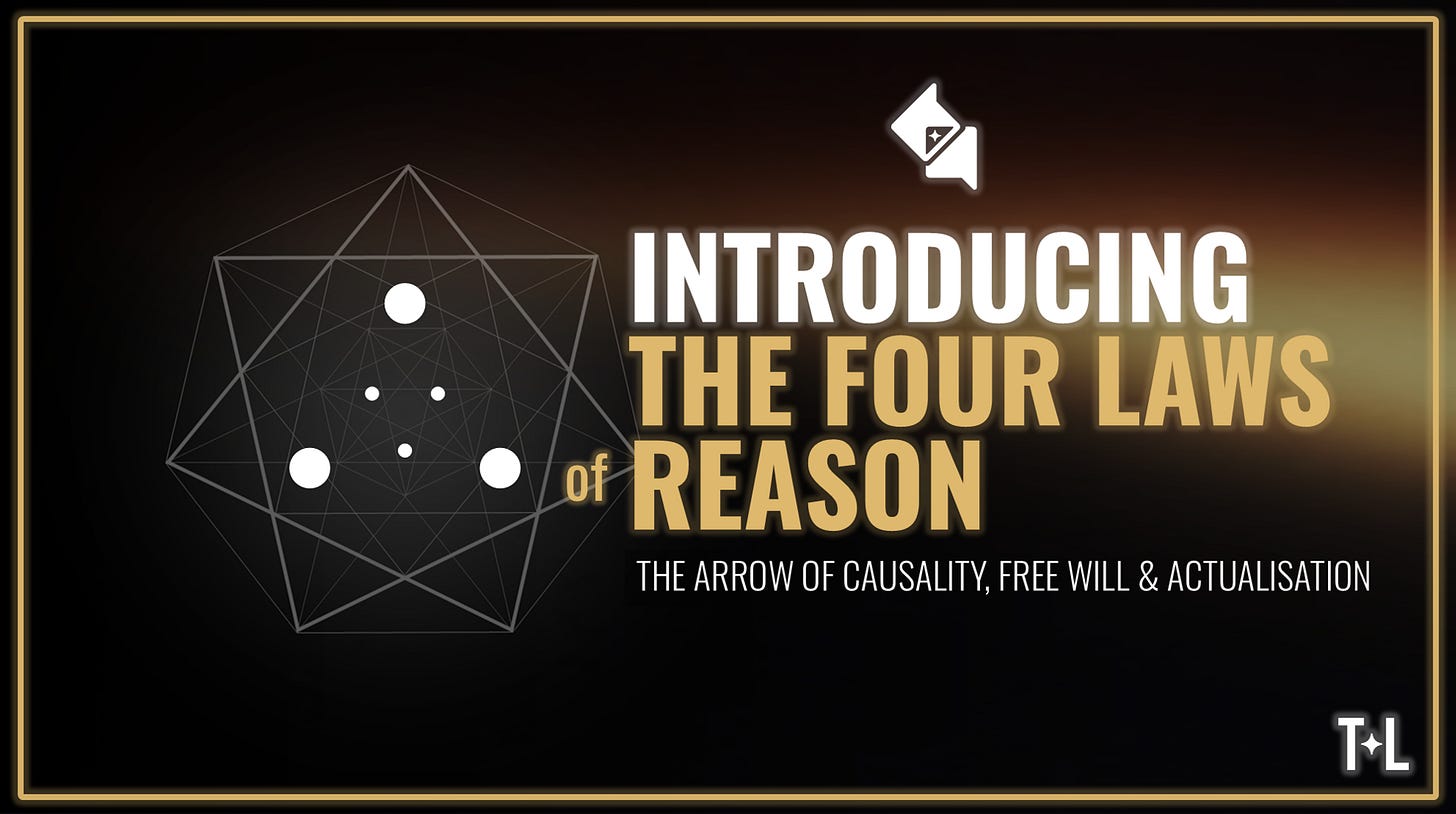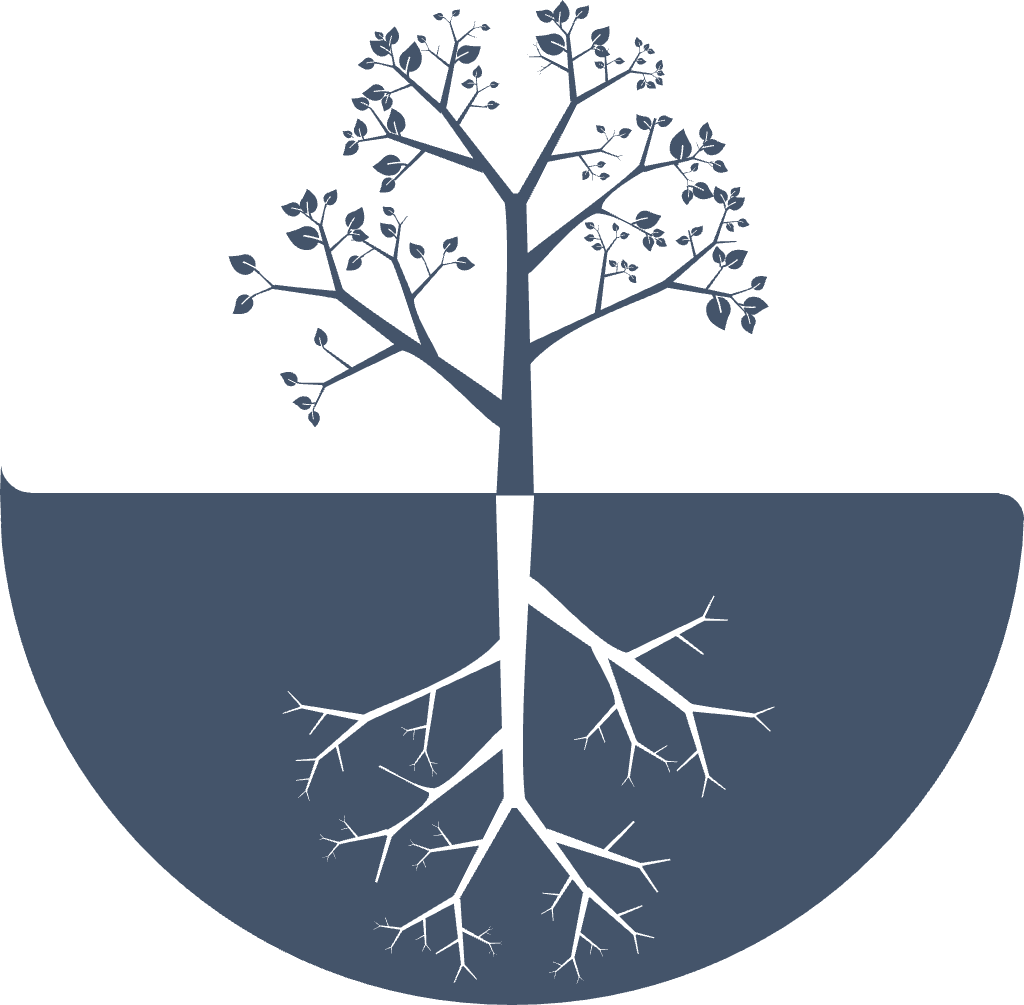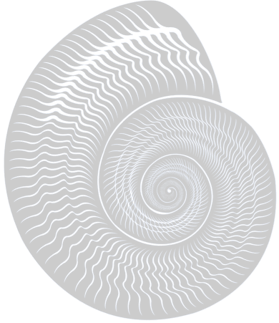This post presents the Four Laws of Reason as the foundational framework of A Universal Theory of Everything. These laws establish Reason as the Prime Cause, define Will as the conserved force that drives emergence, introduce the Arrow of Causality as the directional flow of transformation, and set the absolute limits within which all motion unfolds. More than just a model of reality, this is the key to understanding causality, Free Will, and the deeper project of actualization—revealing a universe that is neither predetermined nor chaotic, but structured, emergent, and participatory.
Before we begin please note that you can listen to this post like a podcast episode by downloading the iOS app. If you find yourself struggling to make lasting sense of it in your own understanding, normalise re-reading and re-listening.
This essay can be read on its own, but it makes the most sense as part of a larger body of work exploring Reality and A Universal Theory of Everything. Each piece connects to the next, building a bigger picture—not just as a way to understand things, but as an ongoing exploration of how emergence, causality, and actualization actually work.
“The beginning is the most important part of the work.”
—Plato
Introducing the Four Laws of Reason
In an earlier post titled Introducing A Universal Theory of Everything we explored the question of what a universal theory of everything represented to humanity and the advancement of all the ways in which we explore the questions of existence and meaning.
That post ended with a promise that more detail was forthcoming. If there was a crux, or a fundamental starting block for such a theory, this is it.
This short essay represents the quintessential framework of a Universal Theory of Everything, not as a reductionist formula attempting to compress reality into a single equation, but as a truly unified model that accounts for both the structured principles that govern existence and the emergence of complexity within those principles. It is a theory that does not merely describe what is, but explains why reality unfolds as it does, why causality exists, and why emergence is both structured and open-ended.
All prior attempts at a unified theory have fallen short by either overemphasizing mechanistic determinism—treating emergence as an accidental outcome of initial conditions—or by overextending into metaphysical abstraction, losing coherence with structured reality. The Four Laws of Reason resolve this fundamental tension. They establish a causal architecture that accounts for both order and transformation, fixity and possibility, structure and emergence.
The Four Laws describe Reason as the Prime Cause—the fundamental ordering principle from which all things follow. They establish Will as the conserved force that animates emergence, ensuring that movement and transformation are not arbitrary. They define the Arrow of Causality as the directional flow that governs how emergence unfolds—progressive, recursive, and irreversible. Finally, they set the ultimate limits—Void and Singularity—ensuring that movement and recursion remain perpetual, rather than collapsing into total stillness or infinite compression.
This is not merely a theory of physics, nor is it simply a theory of consciousness. It is the framework upon which all theories must stand if they are to be truly universal. It establishes the fundamental principles that govern the movement of reality at all scales—whether in physical systems, emergent intelligence, self-actualization, or the evolution of complexity itself.
Within this framework, meaning is not imposed—it is emergent. Free Will is not an illusion, nor is it absolute; it exists as the negotiated wriggle room between individual agency and the greater ordering of Reason. Time, entropy, energy, and even the process of self-actualization all conform to these laws, revealing that existence is not a deterministic script, nor a chaotic accident, but a structured unfolding that allows for meaningful participation.
This is the foundation of actualization, not just at the level of the cosmos but for every individual navigating their place within it. This is not just a description of reality—it is the project of being itself.
The Four Laws of Reason
Zeroth Law: Reason is the Prime Cause.
Reason is the fundamental ordering principle from which all else follows.
Reason is not contingent, emergent, or derived—it is absolute and primary.
All that exists, emerges, or propagates does so in accordance with Reason.
Necessity, Will, and Emergence are expressions of Reason, not independent forces.
First Law: Will is Conserved Through Necessity.
Will, as the active expression of Reason, is neither created nor destroyed, but it must be bound by Necessity.
Will is the impulse behind all movement, transformation, and causality.
Necessity is the self-bounding function of Reason that ensures Will’s expression is structured, not arbitrary.
All emergent systems must conserve Will, just as energy is conserved in physics.
Second Law: The Arrow of Causality Dictates Emergent Progression.
Will, impelled by Reason and bound by Necessity, follows an irreversible path of structured propagation.
There is no reversal—emergence follows a recursive, progressive trajectory.
Entropy of Will manifests as the fractal dispersion of movement across all emergent complexity.
Cycles, time, and quantization are necessary consequences of this law.
Third Law: Void and Singularity Are the Absolute Limits of Will.
No emergent system can reach absolute stillness (Void) or absolute compression (Singularity).
Void is the unattainable state of zero movement—total absence of Will.
Singularity is the ‘unattainable’ state of infinite compression—total convergence of Will.
All motion, emergence, and recursion exist between these two limits.

Definitions
To avoid confusion, I have included definitions of Necessity, Will and a few other keywords used in this text, to help align our understanding and avoid the distortions these words often carry due to their typical uses. I want to insulate the value of my work from the myths and assumptions that typically surround them.
Language is only as useful as the shared meaning it conveys, and these terms are easily skewed by preconceived connotations.
The Four Laws of Reason describe the foundational principles governing all emergence, causality, and actualization. However, two key dynamics must be understood within this framework: Necessity and The Arrow of Causality.
Necessity is the self-bounding function of Reason—the principle that ensures Will is not arbitrary but structured. It is not an external force but an intrinsic aspect of Reason, creating the conditions that allow emergence to unfold coherently rather than chaotically.
The Arrow of Causality is the directional flow that governs how emergence progresses. It is neither pure determinism nor randomness—it is the irreversible, recursive propagation of Will under the constraints of Necessity.
These principles ensure that all motion, transformation, and actualization follow a structured progression, where choices exist within a dynamic system, but no emergence can contradict Reason’s fundamental ordering.
Will is the directional force inherent in Reason that drives movement, expression, and emergence. It is neither arbitrary nor chaotic but the conserved, directional force that seeks actualization within the bounds of Necessity.
Will is not an arbitrary desire or preference—it is the causal principle that propels existence forward. Will is:
Impelled by Reason—it does not originate from whim but follows a structured impetus.
Bound by Necessity—it is not infinite or unchecked but is shaped by the conditions that allow emergence to be coherent rather than random.
Expressed through movement—it manifests as cycles, transformation, and recursive refinement.
Will, in its purest form, is the active agent of emergence, negotiating the space between Fate (what is fixed), the Arrow of Causality (what unfolds), and Free Will (what navigates).
It is the force that seeks to act—but action alone is not sufficient. Will must be refined through discernment to move in accordance with Reason rather than against it.
Reason Impels and Necessity Adducts.
The Four Laws of Reason establish the foundational preconditions for all other laws governing emergence, causality, and actualization (including Thermodynamics). These laws describe how Reason self-bounds to give rise to structured emergence, how Will is preserved yet constrained through Necessity, and how emergence follows a progressive, non-arbitrary trajectory.
These laws are not merely analogous to thermodynamics—they precede and encompass it. Energy conservation, entropy, and the arrow of time are all downstream consequences of the conservation of Will and the irreversible movement of emergence.
The Four Laws align with the Seven Core Principles by defining:
The primacy of Reason as the first principle (Principle of Cause).
The necessity of Will and its structuring through self-bounding (Principle of Polarity, Principle of Correspondence).
The recursive, self-similar unfolding of emergence (Principle of Vibration, Principle of Rhythm).
The conservation and transformation of Will across nested scales of causality (Principle of Gender, Principle of Mentalism).
Together, these laws form a unified framework that explains why emergence progresses the way it does and why actualization is a process of alignment rather than opposition.
Implications of the Four Laws
If these Four Laws truly describe the fundamental nature of reality, then everything—physics, consciousness, time, and emergence itself—must align with them. This isn’t a metaphysical assertion but a recognition that the laws governing emergence must be coherent across all scales.
This means that ideas we take for granted—free will, entropy, change, time, even the very possibility of choice—must be understood in light of these principles. Some assumptions will hold; others will need to be redefined.
The implications of these laws are profound. They tell us not just how things work, but why. They clarify why emergence unfolds progressively, why fate and choice coexist, and why actualization is about navigation, not control.
Causality is neither arbitrary nor deterministic—it is constrained yet open-ended—infinite possibility constrained by limited probability.
Will is not infinite or unchecked—it is bound by Reason and Necessity and is subject to progressive emergence. What has emerged and what is emerging represents the pronouncement of Reason and Will, what can emerge is dependant on how Will interacts with that pronouncement.
Entropy in this context is not dis-order but a necessary fractalization of Will into finer and finer expressions.
Time and change are functions of the Arrow of Causality, not independent absolutes.
No system within emergence can fully encapsulate or contravene Reason. No agency within emergence can apprehend the whole of Reason or act in defiance of it, but the ability to express one’s own Will—what we call Free Will—can grow commensurate with one’s alignment to Reason and mastery of emergence.
Fate is the fixed pronouncement of Prime Will, yet within emergence, choices exist as a function of the fractal topology of possibility.
Summary: The Four Laws provide a causal, self-consistent framework that governs how emergence unfolds, ensuring that all movement, choice, and transformation align with Prime Reason while preserving the structure necessary for actualization to be meaningful.
True Actualisation
The Four Laws do not describe a rigidly predetermined reality, nor do they suggest an arbitrary, chaotic one. Instead, they reveal that the path of actualization is the dynamic process by which individual actors and systems collaborate toward a non-predetermined, yet coherent, emergent outcome.
This is the project of existence itself—what we mean when we speak of “the meaning of life.” Just as a tree grows, adapts, and bears fruit not by force but by alignment with the conditions that support its emergence, so too does an individual refine their Free Will through discernment, participation, and recursive negotiation with emergence.
Nature makes only originals.
No two beings are the same, and no two paths of actualization are identical. Each individual, like each branch of a growing tree, follows a trajectory that is uniquely their own. The process of actualization is not about replication, but about discovering and refining one’s singular path in alignment with emergence.
The invitation inherent in this model is this: Actualization is not about a singular or rigid path of expression but the convergence of outcome. This does not imply surrender—instead, it is about learning to move skillfully within the unfolding of Reason. It is not predetermined, yet it is not directionless. It is a collaborative endeavour between the self and the greater unfolding of emergence.
The project is simple yet profound: to increase one’s ability to express Free Will meaningfully, in ways that enhance rather than diminish emergence, and to take part in the unfolding reality not as a passive observer, nor as a force of resistance, but as an active, participating intelligence.
This is what it means to grow, to become, to actualize.
Definition of Free Will
Free Will is the wriggle room afforded to individuals with self-awareness of their default and conditioned impulses and behaviours. It is the capacity to debug inherited narratives, discard distortions, and replace them with paradigms that align with a higher order of reality.
Through this reclaimed bandwidth and clarity, an individual gains the ability to discern their true desire and intentionality—not as reactive conditioning, but as an authentic, emergent signal. Free Will is not an absolute liberty to act without constraint, but the skilful negotiation of the barycentre—the dynamic tension between:
Emergent reality (the unfolding conditions of existence),
Greater Will and Reason (the Prime trajectory of causality), and
One’s own Will (the uniquely personal way of applying Reason to one’s own path).
Thus, Free Will is not the ability to do anything one wishes, but the ability to recognize, refine, and direct one’s own agency within the structured unfolding of Reason. It is the art of making choices that do not merely conform or rebel, but that integrate self, emergence, and higher-order coherence.
Free Will and Actualization: The Paradox and Resolution
Free Will is the ability to navigate and refine one’s own trajectory within the constraints of Reason’s ordering. It is not absolute autonomy, nor is it total submission—it is the recursive negotiation between personal agency and the Arrow of Causality, within the bounds of Reason and Necessity.
The paradox is this: How can humans actualize according to their own Will (the desire for fulfillment), while also serving the greater trajectory of emergence, without losing agency or suffering entropic loss?
This paradox is resolved through Discernment and Intentionality—Consciousness and Will together allow for the refinement of Will into coherence with Reason’s ordering. The project of True Actualization is not to impose Will against emergence but to stabilize one’s own trajectory within the fractal dynamic of emergence.
In this way, Free Will is not about controlling outcomes but about finding the invisible barycentre where one’s personal trajectory aligns with emergence. Stability is found not in resisting the flow but in moving within it.
Flow is not a state of perfection, it is the absence of resistance to what is unfolding.
If you got some value from this, you can support me as a public thinker: buymeacoffee.com/roccojarman
I don’t just want to speak to an audience I want to belong to a community.
I don’t just want to express my ideas, I want us to dream new ones together.
You can help support my meaningful work by liking, sharing this post, and commenting—anything you can think of that is meaningful—and you can make a fuss of these ideas with your social circles. And of course as always, by subscribing and inviting others. Your paid subscription helps make this work possible.










